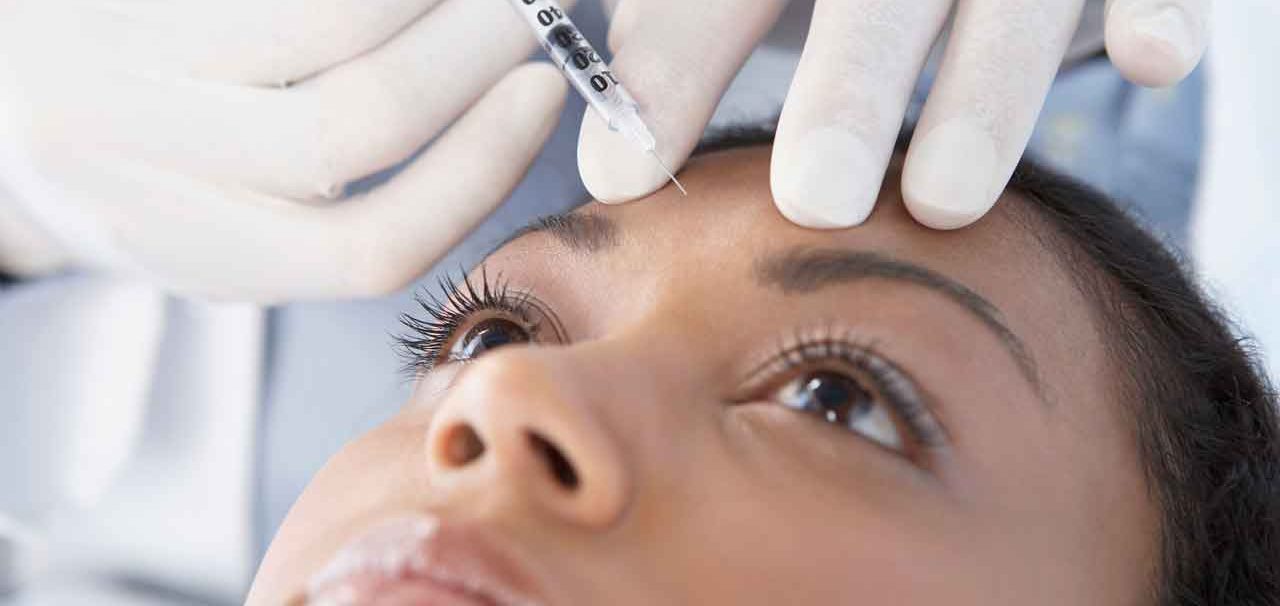Botox for Depression

Can Botox treat depression? Your facial muscles can affect your mood; Botox can paralyze those muscles so they don’t clench. You may then look and feel happier.
We all know that the expression on your face reflects your mood. Did you know that your expression can also affect your mood? Frowning can make you feel worse.
That’s an important reason to consider a Botox injection if your forehead is perpetually creased because of a muscle problem. Those muscles link to nerves that ultimately influence the part of the brain that manages emotion. The injection will paralyze those muscles so they don’t clench, and unclenching them may make you happier. You’ll also look happier to other people.
Looking (and perhaps also feeling) happier is likely to prompt more pleasant interactions during your day — another mood-booster. Smile as you walk down a city street, and some people smile back. Frown and people tend to look away.
YOU MIGHT ALSO LIKE: Depression Versus Sadness
Can Botox “treat” depression?
Now researchers are finding that patients with major depression can feel better after a forehead injection that makes you unable to completely frown. In a clever study, 30 volunteers with serious depression received either a shot of Botox or a shot of saline, the placebo. After 12 weeks, the groups were switched; if you hadn’t gotten a real Botox shot before, now you did. Patients answered questions on standard tests of depression symptoms. The makers of Botox have announced plans for the final phase of testing Botox for depression.
Twelve weeks after a Botox injection for depression, patients recorded an improvement of 35 percent on average on a common test called the “Beck Depression Inventory.” People who had received the placebo improved, on average, by about 15 percent — simply being hopeful can help.
In three high-quality trials — randomized, double blind and placebo-controlled — researchers report that about half of all depressed patients get some relief from Botox shots, and a third are helped so much they’re no longer depressed, “in remission,” according to a 2016 overview.
Side effects of Botox
Looking better is probably part of the mood boost. However, the cosmetic effects of Botox fade between 12 to 16 weeks after the shot, when your forehead muscles go back to their former state. Some people worry that their forehead wrinkles will appear even deeper after a Botox shot wears off. They won’t, but you might wonder whether the mood lift will stay. Early evidence suggests it can.
Another common worry is that a “frozen” look on your face will interfere with your relationships; you may seem less responsive and empathic. If you’re depressed, however, you may not be as responsive as you like, anyway. The people around you most often may be feeling the effects of your depression as well. Emotions are contagious.
Other ways to boost your mood
Plenty of research supports the underlying idea that your expressions affect your mood. For example, when Germans say the vowel “u,” they can’t smile and may frown. In one test, they read aloud a story that contained many words with “u” sounds, and another similar story that didn’t contain any. They dramatically preferred the story that didn’t contain the sound, and researchers concluded that the emotions triggered by frowning influenced their preference. In other research, when scientists applied heat to the forearm of their volunteers, and asked them to make specific faces — happy, sad, or neutral — it turned out that people who made a sad face also reported feeling more pain.
A low-tech technique to try: Clamp a pencil in your mouth, sideways, and hold it there for at least a few minutes — up to 20 minutes a day. Or just smile as often as possible while you’re looking at your phone or computer. Even better, find ways to stimulate spontaneous smiles. Listen to upbeat music and check out those cute pet videos on Facebook. When you’re seriously depressed, however, these strategies may make you feel worse when you see that they don’t work.
Talk to your doctor about the range of ways to treat depression, which include making sure you’re getting the right amount of sleep and exercising and eating healthily. You may need medication, psychotherapy, or a change in your circumstances.
Updated:
April 06, 2020
Reviewed By:
Christopher Nystuen, MD, MBA